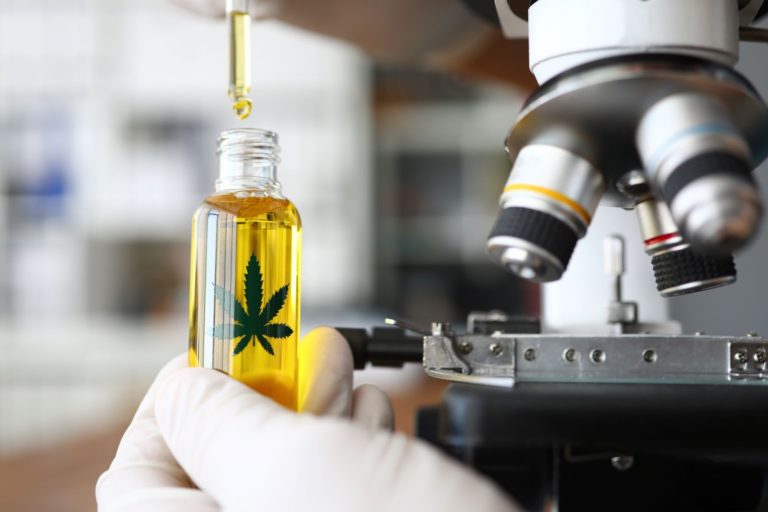 It’s A Big Day For Marijuana Science
It’s A Big Day For Marijuana Science
By Amanda Reiman, Drug Policy Alliance
Today the federal government has an opportunity to agree to review the scientific evidence related to the use of marijuana as a medicine. A lawsuit brought by Americans for Safe Access and other marijuana reform organizations is challenging the government’s classification of marijuana as a Schedule I drug — one for which there are no acceptable medical uses. One of the individual plaintiffs, Michael Krawitz, is a veteran of the Air Force, and uses medical marijuana to combat pain and PTSD. Krawitz’s claims concerning the medical benefits of marijuana have been echoed by physicians such as Donald Abrams from University of California, San Francisco, and Igor Grant from the University of California, San Diego. Both doctors have conducted research into the medical value of marijuana and have concluded that it does in fact exist.
In light of this scientific evidence, it would be assumed that marijuana does have medical value and should therefore not be a Schedule I substance. However, this is not the first time the evidence about marijuana’s effects has been presented to the federal government.
A Look Back
The LaGuardia Report: The first formal examination of marijuana as medicine came in 1944 when Mayor LaGuardia of New York requested an investigation into the claims concerning marijuana’s effects on an individual. The first Drug Czar, Harry Anslinger, had suggested that marijuana use can fundamentally change an individual’s personality. The LaGuardia report found that not to be the case.
The National Commission on Marihuana and Drug Abuse: Better known as the Schaffer Commission Report, this research study was commissioned by Richard Nixon in 1972 as an attempt to discredit the claims made by many marijuana smokers in the 1960s and ’70s that this was a benign activity. After extensive scientific research on animals and humans, the commission concluded, “Considering the range of social concerns in contemporary America, marihuana does not, in our considered judgment, rank very high. We would deemphasize marihuana as a problem. The existing social and legal policy is out of proportion to the individual and social harm engendered by the use of the drug. To replace it, we have attempted to design a suitable social policy, which we believe is fair, cautious and attuned to the social realities of our time.”
Institute of Medicine: In 1999, the Institute of Medicine weighed in on marijuana’s medical potential, concluding, “Scientific data indicate the potential therapeutic value of cannabinoid drugs, primarily THC, for pain relief, control of nausea and vomiting, and appetite stimulation.”
Today’s hearing is the latest attempt to recognize what science has been telling us for years about the therapeutic and medical benefits of marijuana. The question is, is the federal government willing to admit to 75 years of misinformation about marijuana?
Source: Drug Policy Alliance








